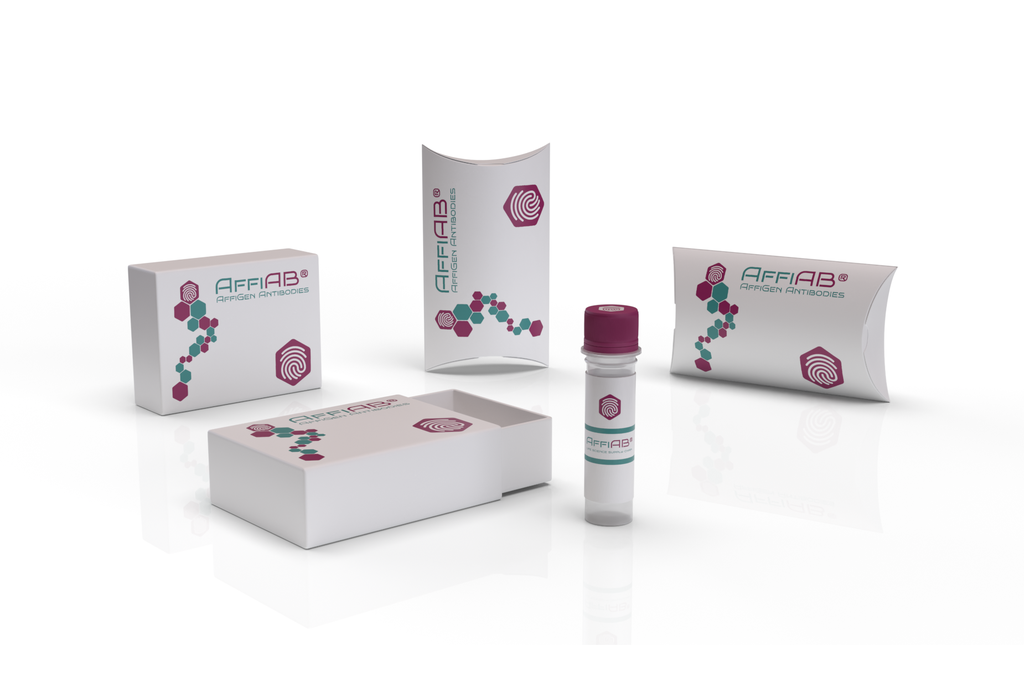AffiAB® Anti-TSC2/Tuberin Antibody
Tuberous sclerosis complex (TSC) is an autosomal dominant genetic disorder characterized by mental retardation and the widespread development of distinctive tumors termed hamartomas. Two different genetic loci have been linked to TSC; one of these loci, the tuberous sclerosis-2 gene (TSC2) , encodes a protein called tuberin and the other loci, tuberous sclerosis-1 gene (TSC1) , encodes a protein called hamartin. Tuberin and hamartin interact with each other forming a cystoplasmic complex. Hamartin interacts with the ezrin-radixin-moesin (ERM) family of actin-binding proteins and inhibition of hamartin activity results in loss of cell adhesion. Hamartin is present in most adult tissues with strong expression in brain, heart, and kidney.
Antibody type
Rabbit polyclonal Antibody
Uniprot ID
SwissProt: P49815 Human
Recombinant
NO
Conjugation
Non-conjugated
Host
Rabbit
Isotype
IgG
Clone
N/A
KO/KD
N/A
Species reactivity
Human, Mouse
Tested applications
IF-Cell, IHC-P, FC
Predicted species reactivity
N/A
Immunogen
Synthetic peptide within Human TSC2 aa 1, 758-1, 807 / 1, 807.
Storage
Store at +4°C after thawing. Aliquot store at -20°C or -80°C. Avoid repeated freeze / thaw cycles.
Form
Liquid
Storage buffer
1*PBS (pH7.4) , 0.2% BSA, 40% Glycerol. Preservative: 0.05% Sodium Azide.
Concentration
1 mg/mL.
Purity
Immunogen affinity purified.
Signal pathway
PI3K-AKT, 衰老, p53 signaling pathway, Autophagy AMPK signaling pathway
Recommended dilutions
IF-Cell: 1:100-1:500; IHC-P: 1:50-1:200; FC: 1:50-1:100
Molecular Weight
N/A
Subcellular location
Cytoplasm, Membrane
Positive control
SH-SY-5Y , PANC-1, human liver tissue, mouse brain tissue, human pancreas tissue, mouse pancreas tissue, mouse liver tissue.
